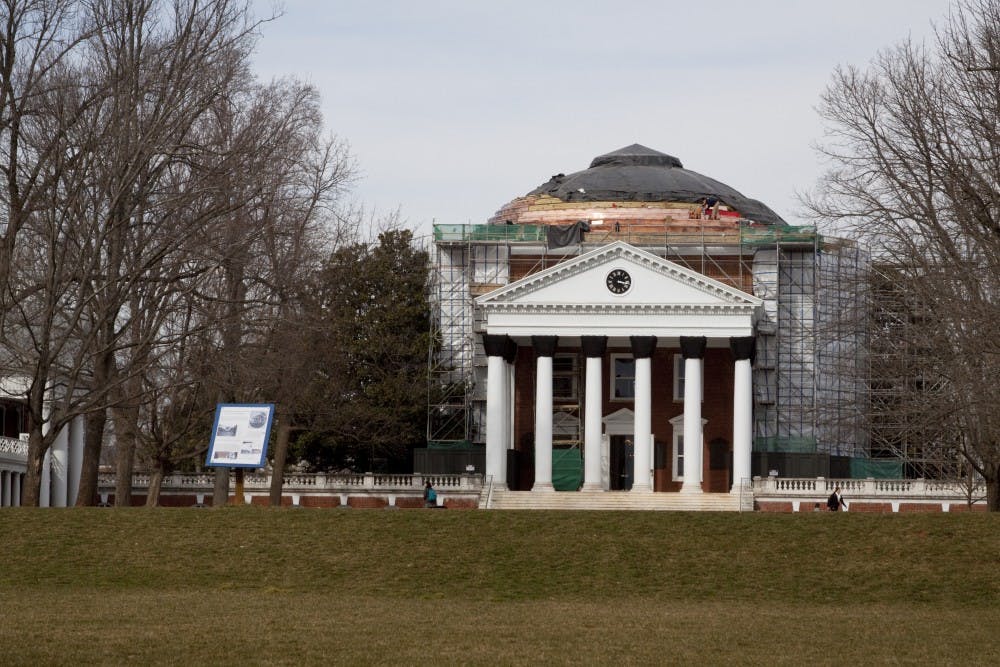The sequester developed by President Barack Obama and Congress during the August 2011 debt crisis went into effect Friday after legislators failed to reach a budget compromise.
The plan, which Politics Prof. James Savage said implements an “across-the-board cut in unprotected programs in the central budget,” was originally slated to take effect in December 2012, until last-minute deals gave Congress three additional months to work out an agreement. Though the sequester is a product of D.C. politics, students can expect the federal budget cuts to impact their lives at the University.
Non-defense agency budgets for the 2013 fiscal year will now be cut by 5.1 percent, said University vice president for research Thomas Skalak. Protected programs, such as Social Security, Medicare and Medicaid will not cut back on services, though starting April 1 Medicare payments to doctors will decrease by 2 percent, according to the Center on Budget and Policy Priorities. Additionally, Pell Grants, the largest federal grant program for undergraduate students, will not be affected.
Last Thursday Skalak advised the University research community, which relies on funding from a variety of federal agencies, to “encourage all Deans and Schools to prepare for back-up funding for special needs.”
The National Science Foundation, which offers substantial grants to the University, will not cut this year’s funding, but sequestration cuts will force the organization to significantly reduce the number of awards offered in future years, Savage said. The National Institute of Health, another key source of research funding at the University, will cut back on some of its current spending levels this year.
Students whose parents work for the federal government will also be affected by the sequester, Savage said. But University President Teresa Sullivan said students’ parents wouldn’t be the only ones whose jobs would be impacted if sequestration continues.
“We have a lot of people employed on federal grants,” Sullivan said. “We have an operational reserve that if we had to tap into, we could, to keep those people working for at least a few months.”
Sen. Mark Warner, D-Va., and Virginia Gov. Bob McDonnell reflected the bipartisan frustration toward sequestration. In a statement Thursday, Warner said he voted for both the proposal from Senate Majority Leader Harry Reid, D-Nev., and the Republican counterproposal to limit sequestration. While neither proposal passed, Warner said each was “less stupid” than sequestration, which he said would disproportionately impact residents of the Commonwealth.
McDonnell echoed Warner’s sentiments in a statement released Friday.
“Virginia will be particularly hard hit because of our proximity to Washington, D.C., and our status as home to more military installations and private-sector military partners than almost any other state,” McDonnell said. “Multiple studies show that approximately 130,000 to over 200,000 Virginia jobs could be lost because of these arbitrary cuts.”
McDonnell said he had prepared the state for sequestration by more than doubling the rainy day fund, targeting $45 million for localities through the new Federal Action Contingency Trust Fund, and he has brought in experts to plan for defense cuts and ways to diversify the Commonwealth’s economy.







